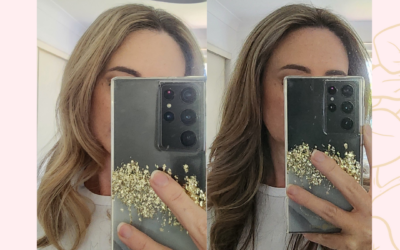After being in the hair industry for over 20 years I’ve seen it time and time again where an itchy scalp occurs for many people a few times a year, most commonly around the change of the seasons. Why is this? There are a few factors:
- Water temperature when shampooing
- Change in outdoor/sporting activities that either change our exposure to sunlight and/or sweat, sunscreens, hats etc
- Seasonal produce changes
Usually if you can bear with the itch for a week or 2 it will settle naturally however if it’s something that’s persistent the best recommendation is to use moisturising products, rather than deeply cleansing ones. It’s the same as if you had dry skin on your hands, for example. You wouldn’t try and wash the dry skin off with the most astringent soap possible, you would moisturise it. Your scalp is exactly the same! My suggestion is a combined attack and not just trying to resolve the symptoms but the cause:
- Try and keep your water temperature even all year round
- Be conscious of spending time in the sun regularly even in the cooler months – it’s good for your scalp!
- Pay attention to the foods you increase and decrease – a common trigger is an increase in eating highly acidic foods such as citrus and strawberries. Try to decrease or stop these and increase any food with a slightly oilier base such as nuts and fish. Any food with essential fatty acids is also good for hair and scalp like legumes and many vegetables.
- Use gentle cleansing products (Damage Reversal Cleanser is ideal)
- If you don’t mind an oily scalp for a while apply an oil (usually coconut but in reality any oil will do) OR a skin moisturiser
- Cleanse the scalp less frequently but don’t leave it too long – once a week in this case
- Allow your scalp to breathe – don’t tie hair back constantly, let the air and light reach the scalp.
- Take vitamins that can benefit the hair and scalp (this is only necessary if your diet is lacking)
It’s important to note this article only refers to a dry, itchy scalp, not dandruff or other medical scalp issues that are best diagnosed and treated by a specialist.
Sara x





